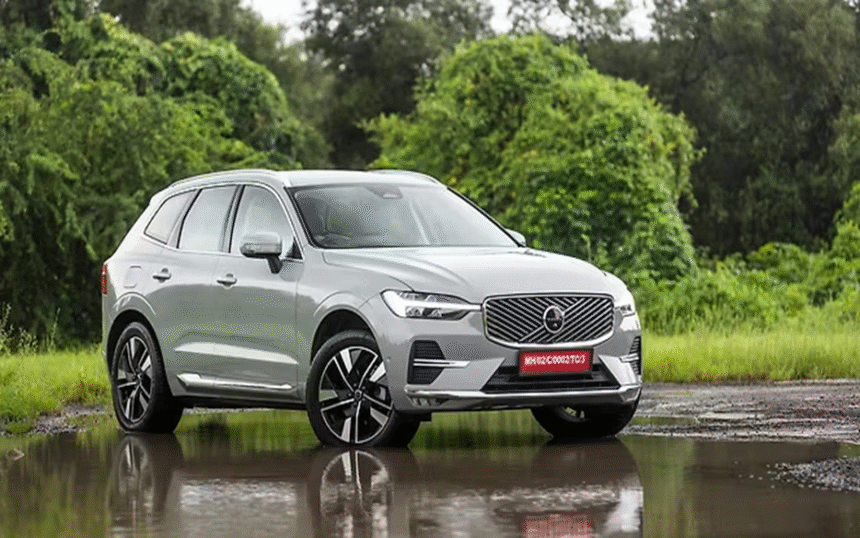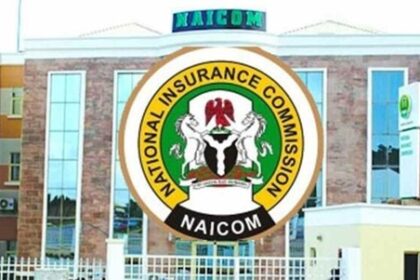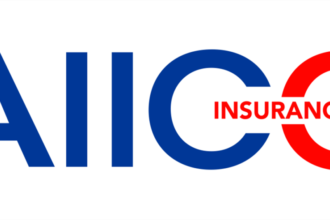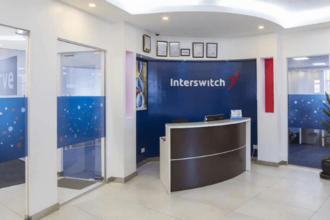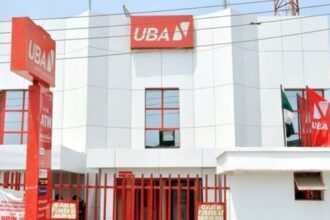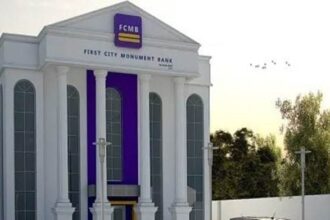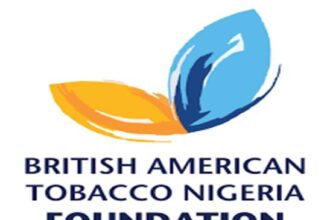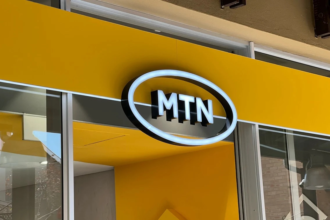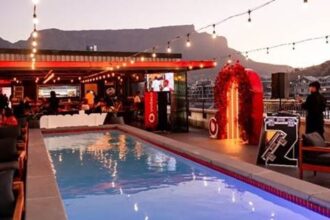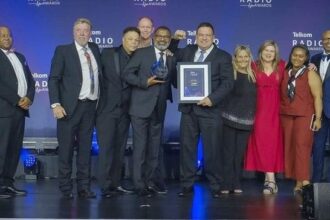By Martin Ogumah
Brand association remains one of the most enduring engines of brand equity. Decades before digital analytics, brands instinctively understood that aligning with passion points – whether sports, music, arts, culture, or elite social rituals – deepens emotional affinity and shapes consumer perceptions. Today, data confirms this ancient truth: when brands embed themselves in the right environments, they enjoy stronger equity, pricing power, and long-term customer loyalty.

Photo: Polo Players
According to a 2023 Nielsen Sports report, 71% of consumers are more likely to trust brands that sponsor or associate with events they care about, while IPSOS research shows that brand partnerships can increase purchase intent by up to 34% when there is strong audience-value alignment. In emerging markets, including Africa, the impact is even higher because premium events serve as cultural touchpoints for status, aspiration, and lifestyle identity.
Jessica Nkosi in the new Volvo XC60. Image supplied
It is in this context that Volvo Car South Africa (VCSA) delivered one of the most compelling examples of strategic brand association in recent months. At the International Polo Test hosted at the prestigious Val de Vie Estate in Western Cape – an event already synonymous with elegance and elite sport – Volvo integrated its refreshed XC60 model in a manner that was subtle, stylish, and psychologically powerful. As South African lifestyle writer Evan-Lee Courie observed, the event became “a showcase of design, culture, and modern luxury,” with Volvo’s presence enhancing the atmosphere rather than overshadowing it.
The Science of Brand Association: Why Events Move Markets
Studies across Europe, North America, and Asia continue to reinforce the power of experiential association: Deloitte (2024) reports that luxury brands that align with lifestyle events enjoy an average 14% uplift in brand equity scores within six months. McKinsey finds that experiential branding delivers twice the emotional impact of traditional advertising. Kantar BrandZ identifies association-based branding as a top driver of value, noting that brands with strong lifestyle affiliations outperform competitors by 3–7x in long-term market value.
These findings are consistent with real-world success stories: Rolex’s 40-year association with tennis has solidified its image as a timeless, precision-driven luxury brand. Heineken’s UEFA partnership increased global brand recall by 24% within two seasons. BMW’s investment in international art fairs strengthened its global premium ranking by 16% between 2018 and 2023.
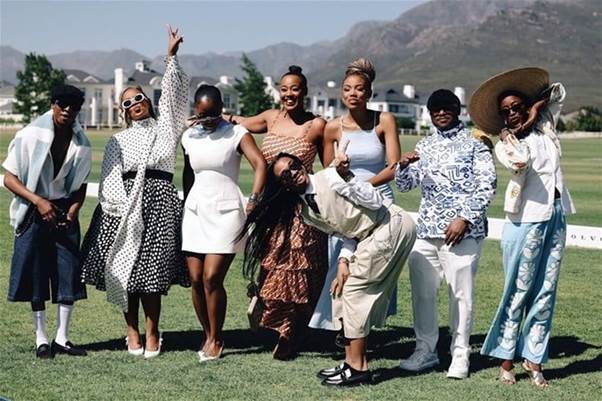
L to R: Quincy Mojela, Jessica Nkosi, Neo Nontso, Tshepi Vundla, Lasizwe Dambuza, Babalwa Nyamende, Khaya Dlanga, and Sindiso Khumalo. Image supplied
Volvo’s positioning at Val de Vie fits neatly into this global pattern: thoughtful association that reinforces brand DNA.
Volvo’s Polo Strategy: Luxury Meets Lifestyle
Volvo presented the newly refreshed XC60 at an event that embodied everything the brand stands for: refined aesthetics, contemporary luxury, calm sophistication, cultural nuance, and premium leisure. But beyond the surface glamour, Volvo’s execution offers a masterclass in psychologically intelligent brand placement.
Subtle Luxury, Strong Equity
Courie describes the XC60 as a model that “does not shout; it whispers confidence.” This approach aligns with what modern premium consumers prefer – understated luxury.
Volvo’s design updates – a sleeker grille, sharper fascia, sculpted rear LED lighting, and new colourways like Mulberry Red and Forest Lake – blended perfectly with the polo estate’s ambience.
Inside the cabin, Volvo’s upgraded infotainment system addressed previous user concerns, reinforcing the brand’s promise of Scandinavian functionality and intuitive technology. In brand strategy terms, Volvo achieved the golden rule: the product must feel like part of the environment, not a forced insertion.
Target Audience: Premium, Aspirational, and Lifestyle-Driven
The event attracted major South African style and culture personalities – Jessica Nkosi, Lasizwe, Natasha Joubert, Neo Nontso, Tshepi Vundla, and others. Their presence validated the brand’s long-term positioning as the preferred vehicle for modern, tasteful, socially aware consumers. Volvo’s ambassadors, the musical group GoodLuck, further elevated the experience, merging music, mobility, and lifestyle into a unified brand narrative.
This is not coincidental. Research from the Harvard Business Review (2022) shows that brand events featuring aspirational figures can increase perceived brand value by up to 28% among millennial and Gen Z consumers. Volvo understood this.
Sport + Affluence = Premium Equity
South Africa’s 8-6 win over England added the competitive drama of elite sport, but it was the hospitality experience such as tasting menus, curated lounge spaces, test-drive conversations that completed the brand chemistry. In experiential branding terms, Volvo achieved the three essential objectives: Increase emotional affinity, Boost perceived value, Connect the product to lifestyle meaning. This elite polo moment reinforced Volvo’s global positioning: modern luxury rooted in quiet confidence – not loud extravagance.
Why This Matters for Nigerian and African Brands
In Nigeria, several brands have mastered the art of strategic brand association to strengthen equity and deepen consumer connection. GTCO, through its flagship GTCreative Industry Summit and Food & Drink Festival, has built a lifestyle ecosystem that extends the bank’s appeal beyond finance into culture, cuisine, and creativity.
Access Bank has sustained one of the strongest event-linked brand equities through its sponsorship of the Access Bank Lagos City Marathon, a partnership that reinforces themes of endurance, ambition, and global competitiveness.
In entertainment, Globacom’s alliances with major music artistes and the Glo CAF Awards have consistently positioned the brand at the intersection of aspiration and African excellence. Maltina, with its long-running support for the Maltina Dance All family show, and now the Maltina Teachers Award, successfully embedded itself in the cultural fabric as a champion of happiness and togetherness. Similarly, Heineken’s association with Nigerian football and premium lifestyle events has elevated its status as a cosmopolitan, globally connected brand.
Together, these examples illustrate how Nigerian companies effectively leverage passion points: sports, food, music, and culture, to build stronger emotional resonance and enhance long-term brand equity. For the Nigerian marketers especially, the lessons are timely. Africa’s consumer markets are becoming more lifestyle-driven, experience-centered, and digitally influenced. However, many brands still rely on generic sponsorships that lack emotional or cultural relevance. Volvo’s approach offers actionable insights:
Choose Associations That Match Brand Personality
Telecoms, banks, luxury goods, fintechs, alcoholic beverages, travel companies, and auto brands can benefit from aligning with: polo, art exhibitions, golf, tech forums, wine festivals, classical music, creative industry events. These are underutilised in Nigeria but carry immense equity potential.
For a starter, brands should go where aspirations live. Polo connects strongly with upwardly mobile Nigerians, high-net-worth individuals, and global-facing elites – a perfect match for premium brands.
Brands should also focus on authenticity. Modern consumers reward brands that create natural experiences, not intrusive advertising. Volvo demonstrated how to blend in and not dominate, in a premium environment.
They should use moments that create memory as brand equity grows when a product becomes part of a story. Premium consumers don’t remember banners – they remember feelings, experiences, and identity.
Conclusion: The Data Is Clear – Association Builds Equity
Volvo’s integration into the International Polo Test is more than a marketing moment. It is a textbook demonstration of how events can elevate brand meaning, strengthen value, and deepen market presence. Supported by data from Nielsen, Kantar, McKinsey, and Deloitte, the message to African brands is unmistakable:
Brand association is not a luxury tactic. It is a proven growth engine. When executed with precision, as Volvo has done, it enhances equity, influences perception, and keeps the brand top-of-mind in high-value markets.
For Nigerian and African brands navigating the increasingly competitive IMC landscape, the future belongs to those who understand that culture is currency, attention is premium, and lifestyle is the new marketplace.


